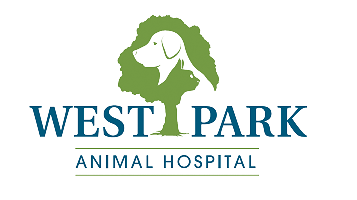It seems there are two types of pet owners: those who relish friendly pet kisses and those who cringe at the thought. Some animal lovers go so far as to kiss their pets on the mouth!
Whether you’re one of the affectionate types or not, there’s a lot of confusion about the safety and health risks associated with kissing a pet. So, is it disgusting or adorable?
Pet Kisses: Gross, Sweet, or Just Unsanitary?
First, let’s dismiss one of the biggest myths around – that a dog’s mouth is cleaner than a human’s. All animal and human mouths contain a variety of bacteria, some of which can make us ill.
When it comes to canines, pasteurella is a common bacterium found in the oral cavity and on the face. Pasteurella from the saliva of a four-legged pal can enter a cut, scrape, or wound, leading to infection. Bartonella henselae is another type of bacteria that can be spread to people through the saliva of cats.
Other illnesses that can be transmitted to people (zoonotic diseases) include:
- Giardia
- Rabies (most states require rabies vaccination)
- Leptospirosis
- Salmonella
- E. coli
- Cryptosporidium
West Park Animal Hospital encourages owners to consider vaccinating against leptospirosis and giardia if exposure seems likely (for example, a lot of time spent outdoors).
While acquiring infections, parasites, and illnesses from smooching a pet is rare, children and those with compromised immune systems should avoid contact with animal saliva, feces, and urine. Please contact us for more information about protecting you and your pet.
The Good News About Pet Kisses
Fortunately, the occasional pet kiss doesn’t warrant a hazmat suit or a case of Lysol. However, be prudent when dealing with young children since they’re more susceptible to parasites and bacterial infections (and always have their fingers in their mouths).
On a positive note, some studies have revealed a link between early exposure to the germs and bacteria pets carry and a decreased risk of developing certain allergies and asthma. In addition, pet saliva is thought to contain histatins which promote wound healing.
Rather than fight the inevitable early morning pet kisses, one of the best ways to diminish your risk of zoonotic diseases is through regular preventive care and hygiene. This includes:
- Annual fecal exams
- Tailored vaccinations and parasite preventives (based on lifestyle, exposure risk, etc.)
- Deworming
- Good hygiene at home (for example, teach children to wash their hands thoroughly before meals and after playing with a pet)
- Keep the yard free of feces
- Discourage your pet from eating feces or drinking from puddles, ponds, lakes, and other areas where wildlife are present
Remember, there’s always a risk of getting sick when it comes to pet kisses. To stay on the safe side, make sure your pet is healthy, vaccinated, and parasite-free before the lick bandit puts you or your family at risk.
SMOOCH!
The post Pucker Up! The Truth About Pet Kisses and Health appeared first on West Park Animal Hospital Blog.

